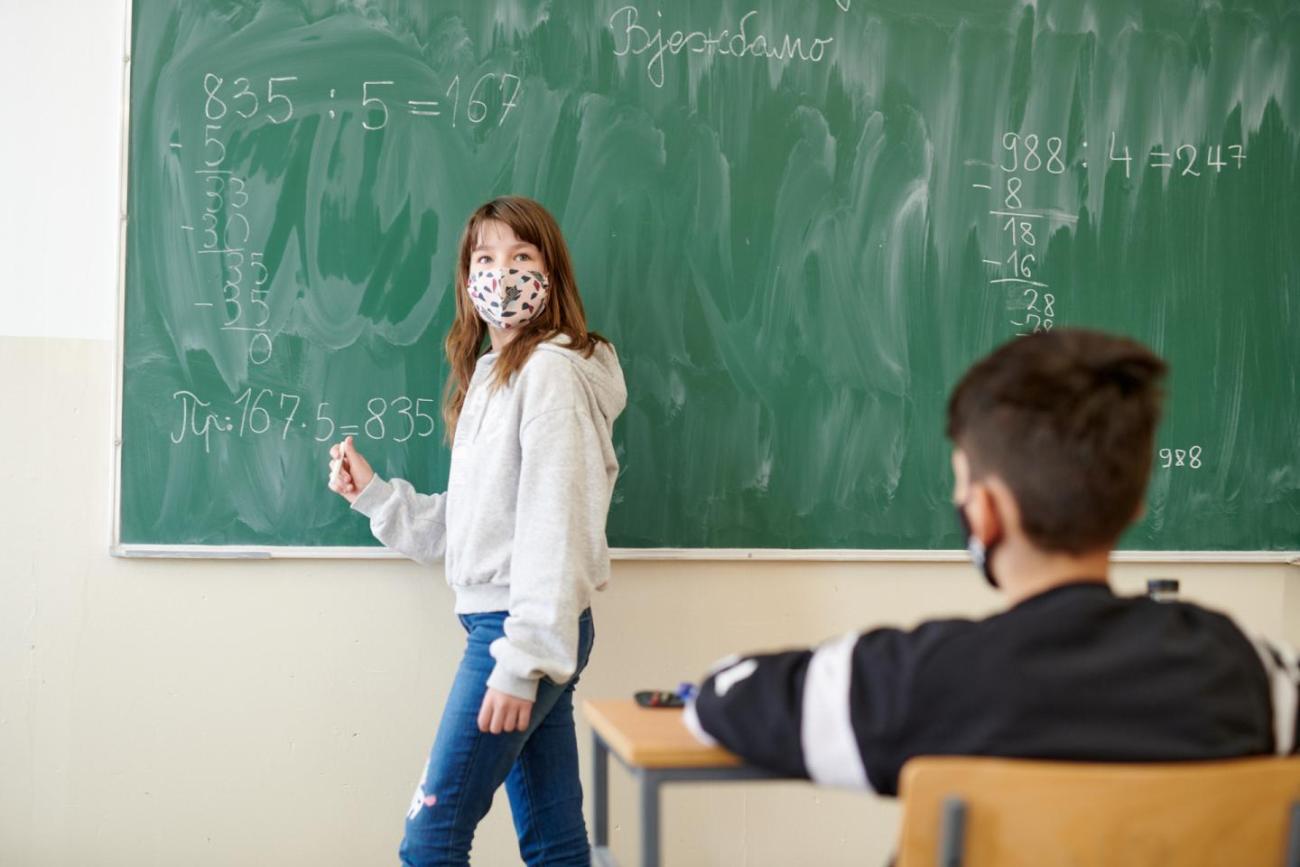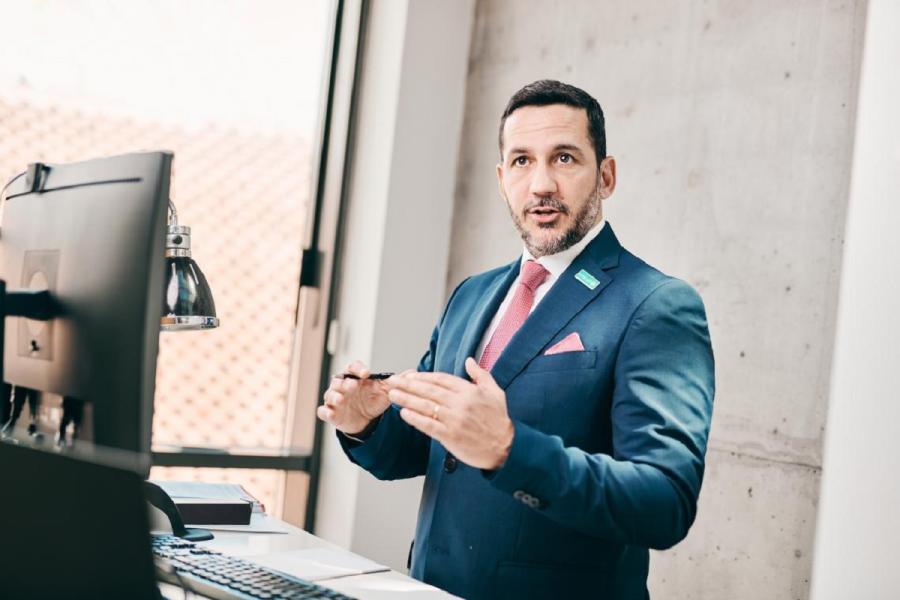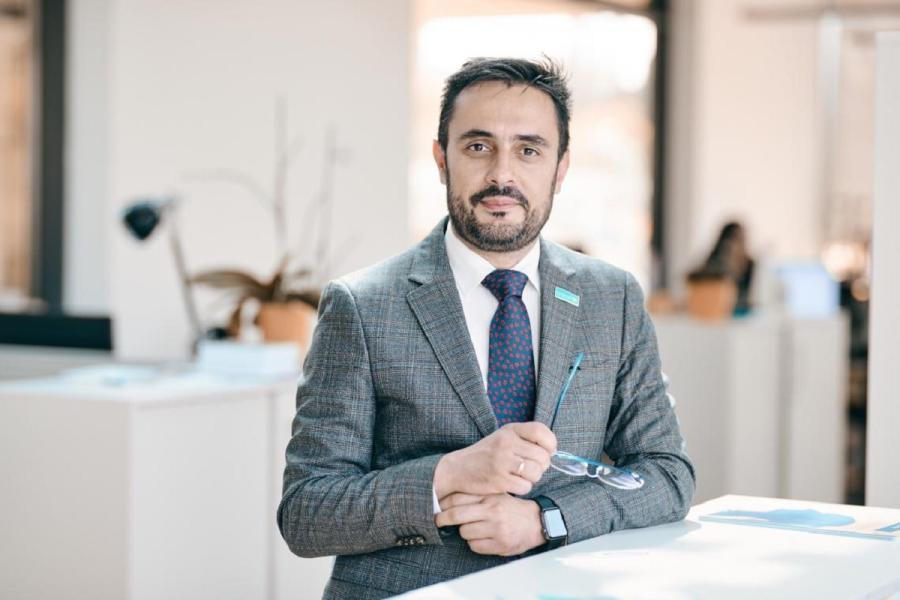UNICEF: Respect measures to keep schools open

UNICEF calls upon authorities, parents, teachers, and students to respect epidemiological measures in preschools and schools to keep them open and safe.
Podgorica, 9 September 2021 - UNICEF calls upon national and local authorities, parents, teachers and students to ensure that epidemiological measures are respected in every preschool, primary and high school and in all local communities throughout Montenegro in order to keep schools and preschools open safely during the pandemic. It is in the best interest of Montenegro to do this as the developmental loss and compromised learning experiences felt by children and young people cannot be overcome unless they are provided with the opportunity to continuously attend preschools and schools during the pandemic.
UNICEF reiterates that the recent UNICEF and UNESCO global report which presents data from 191 countries shows that, so far, no causal link has been observed between the opening of schools and the rate of COVID-19 transmission. Scientific research conducted worldwide shows that as long as measures are respected, schools and preschools can stay open safely.
Closing schools does not solve the problem of not respecting the #DistanceHandsMask measures around school buildings. The same behavior will be prevalent in local communities even if schools are closed. This is an issue that needs to be tackled individually by each local community to ensure that everyone respects all current prescribed measures to enable children to go to school and to allow their parents to go to work safely.
Juan Santander, the UNICEF Montenegro Representative

Dr Senad Begić, Senior Health Consultant at UNICEF Montenegro drew attention to the fact that there was currently a lack of evidence to support the statement that more than 200 students and 50 teachers had been infected in schools -rather than before schools opened- during the first week of the new school year. He also stated that it was crucial for everyone to respect the epidemiological measures in local communities, as well as in preschools and schools.
"With the high transmission rates present in local communities, it is indeed unrealistic to expect schools to be ‘isolated islands’ where no virus transmission will ever occur. However, they will remain ‘the safest islands possible’ if all of the control measures are observed. The benefits gained by opening schools, in terms of the wellbeing and development of children, is unparalleled and cannot be compared with any other place or community setting where virus transmission can occur. If schools are closed, children will continue to gather in other unsafe places in the community and the chain of transmission between them will remain. By closing schools, children will be deprived of a nourishing schooling environment and no positive contribution will be achieved regarding controlling the transmission of the virus."
Dr Senad Begić, Senior Health Consultant at UNICEF Montenegro

The availability of vaccines to teachers, parents and all adult family members has made the opening of schools and preschools even safer, as vaccines significantly reduce the probability that people will suffer from severe forms of COVID-19 and thus need hospitalisation. It is the individual responsibility of each and every one of us to be vaccinated, to get vaccinated, in order to protect ourselves and, in particular, those who are most vulnerable to COVID-19.
The pandemic has caused the most catastrophic disruption to education in recent history. It will be some time before we can put the pandemic behind us. Children and young people cannot wait anymore. They urgently need to have continuous classroom-based learning. This is of paramount importance for children’s education, for their mental health and for their overall development, as well as for the economy of Montenegro and for the development of the country as a whole. UNICEF, UNESCO and the World Bank have launched Mission Recovery Education 2021 which focuses on three priorities: bringing all children back to school, recovering lost learning and supporting teachers. These priorities are applicable to every country in order to overcome the damage caused by the pandemic and to ensure a better future.


